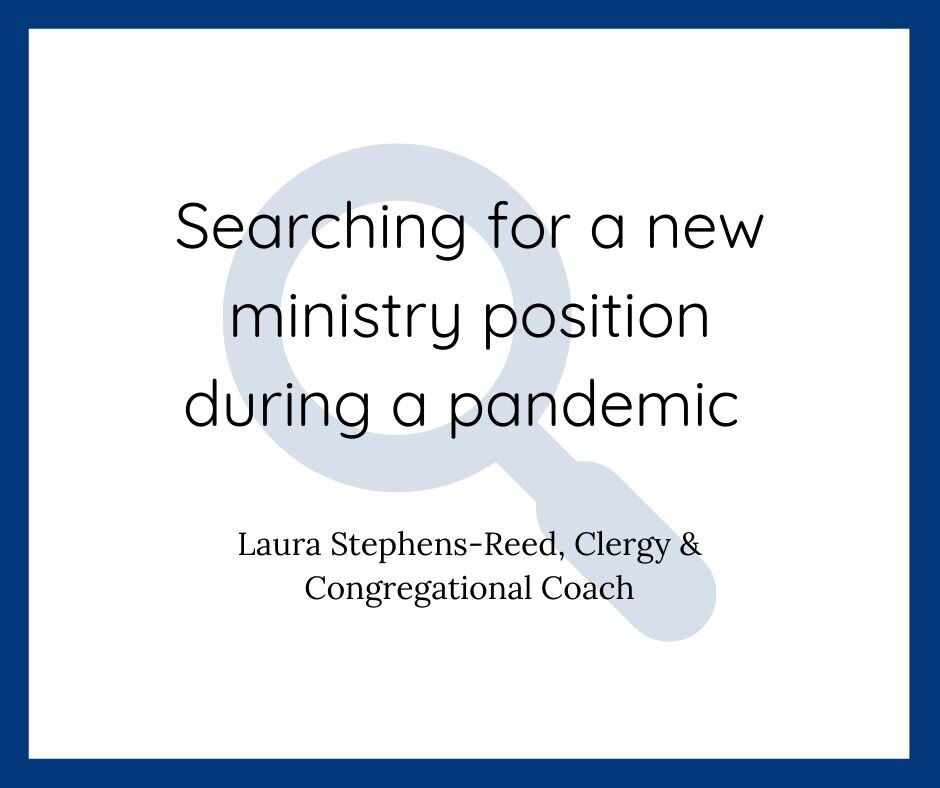A significant slice of my coaching involves working with clergy in search and call. Some of these coachees are just beginning to think about exploring other possibilities while others have already begun interviewing. Almost all of them experience anxiety, though, when it comes to the compensation negotiation part of the process. Is what I’ve been offered fair based on my experience and skills, the responsibilities of the position, the church’s budget, and the cost of living in the area? What changes is it appropriate to ask for in a counter-offer? How do I go about making these requests?
It’s hard for candidates to answer these questions in a vacuum. That’s why I am adding a new service: a one-off, one-hour coaching session that provides candidates with:
a larger context for what fair compensation looks like based on my work with clergy and congregations,
questions to help the candidate name the aspects and amounts of compensation that they deserve and that churches can sustainably offer, and
coaching and encouragement around the negotiation process.
Candidates should be prepared to bring into the call information they have available about the church with which they are negotiating, such as budget/financial trends, previous pastor’s compensation, the availability of church-owned housing, and church or judicatory policies around various kinds of leave, salary recommendations/requirements, and other benefits.
Working toward fair compensation offers a candidate the opportunity to begin showing up as a pastoral leader during the end of the search process and allows the newly-called pastor to square away practical concerns, thus enabling her to turn her focus more fully to the work ahead. And in the longer view, pastors who are paid what they are worth are more likely to feel valued and as a result stick around longer, leading to fruitful mutual ministry.
If you are interested in this service, you can find the current rate here (see “base rate per session” at the top of the page) and schedule your coaching session here.







